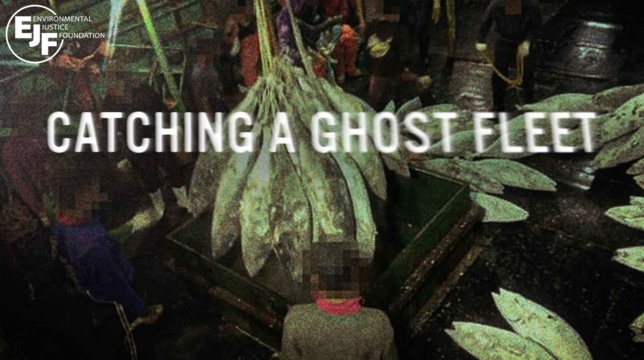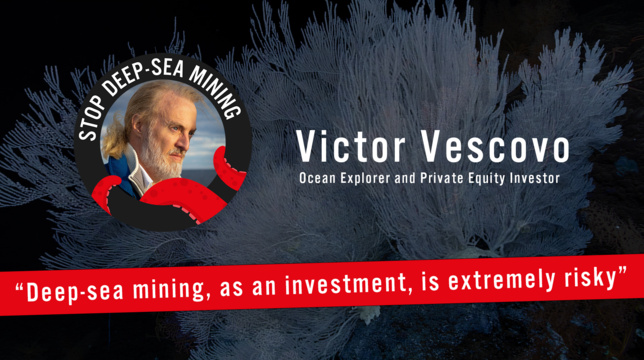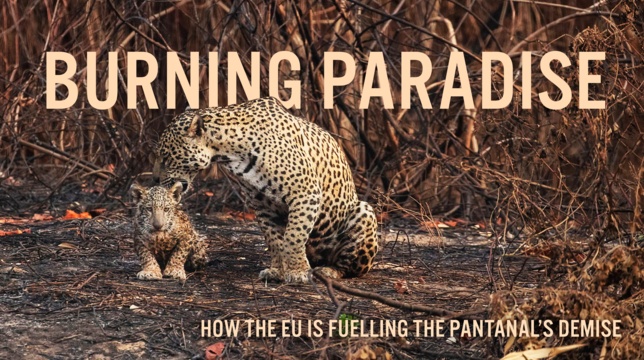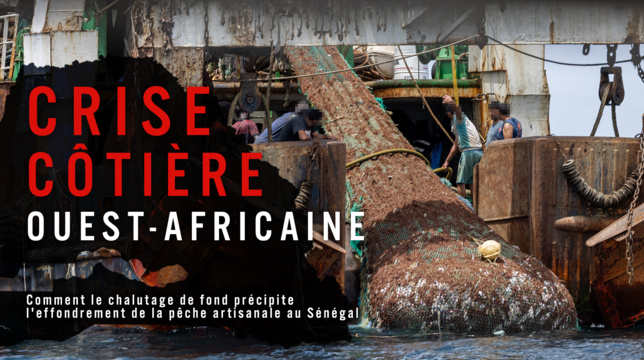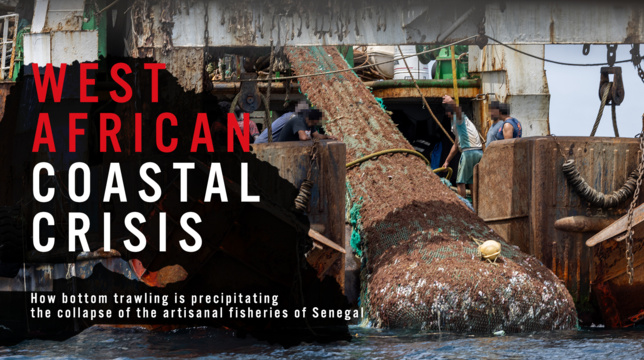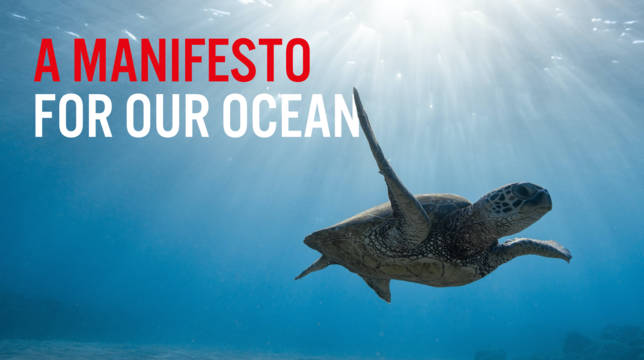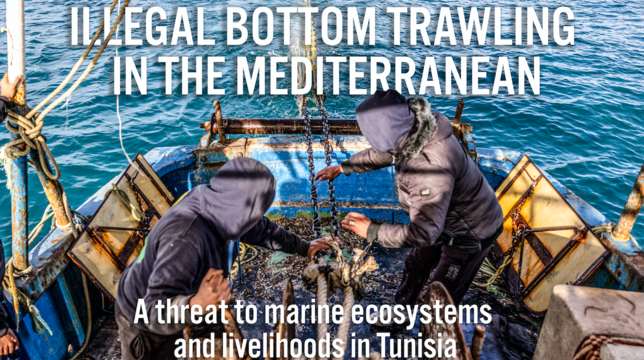Films
Uncovering hidden human rights abuses and illegal fishing at sea
As fishing vessels scour the ocean for dwindling fish stocks, satellite monitoring is becoming a key tool in tracking their elusive trails. In 2020, investigators from the Environmental Justice Foundation (EJF) identified two vessels engaged in unauthorised tuna fishing in the Atlantic, revealing a 'ghost fleet' exploiting vulnerable crews, engaging in illegal practices like shark finning, and smuggling high-value catches into global markets.
Victor Vescovo: deep-sea mining is "simply not a good investment"
Ocean explorer and private equity investor Victor Vescovo explains the financial risks of investing in deep-sea mining, and the increasing redundancy of minerals extracted from the deep ocean.
Burning paradise: how the EU is fuelling the Pantanal's demise
EU supply chains are directly driving the destruction of the Pantanal, one of the world's largest wetlands. Expanding anti-deforestation legislation could protect it.
Comment le chalutage de fond précipite l'effondrement de la pêche artisanale au Sénégal
Les pratiques de pêche destructrices de l'environnement et non durables pratiquées par la flotte chalutière aggravent la crise du secteur de la pêche artisanale au Sénégal.
At the tipping point: how bottom trawling is precipitating the collapse of Senegal’s artisanal fisheries
Artisanal fishing communities are the beating heart of Senegal’s fisheries sector. Yet they are under threat from severe declines in fish populations, driven in part by overfishing by the bottom trawl industry.
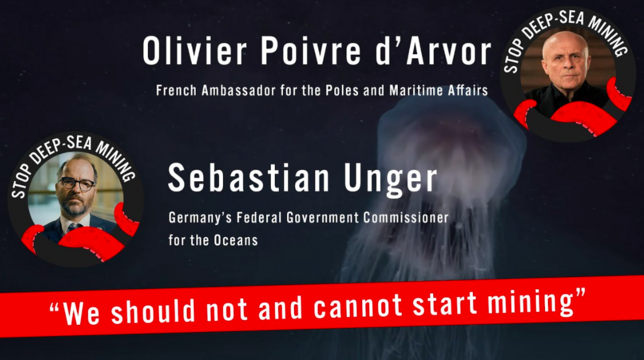
The risk of sleepwalking into deep-sea disaster is at hand, say government officials
13th July, 2023The risk of sleepwalking into deep-sea disaster is at hand, say government officials
More and more states are coming forward and calling for a stop to the rush towards deep-sea mining, including France and Germany. Sebastian Unger, Germany’s Federal Government Commissioner for the Ocean, and Olivier Poivre d’Arvor, the French Ambassador for the Poles and Maritime Issues, tell us why deep-sea mining poses a grave threat to this pristine marine ecosystem.
A manifesto for our ocean
Our ocean is the blue beating heart of our planet, but we are putting this irreplaceable ecosystem under extreme pressure. In this film, we lay out a roadmap for the protection of the ocean, providing clear policy recommendations to save our seas and safeguard our future.
Illegal bottom trawling in the Mediterranean: A threat to marine life and livelihoods in Tunisia
Kiss trawling - a form of illegal bottom trawling - is devastating the marine ecosystems in the Gulf of Gabès in Tunisia and the livelihoods of local fishers who depend on them. This film explains why it must be ended, swiftly and fairly.
